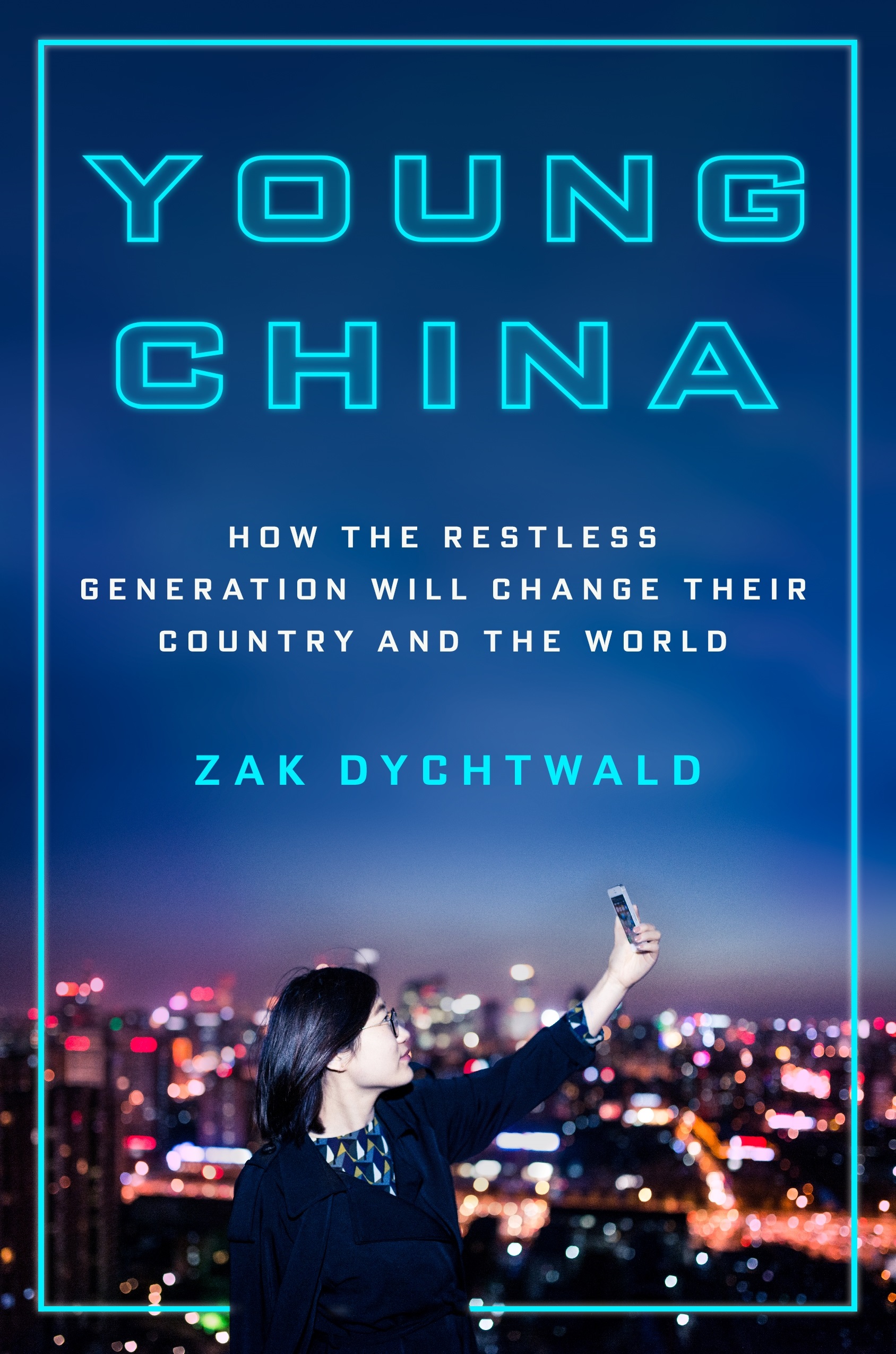China has some of the best test takers in the world. But doing great on an engineering test does not make you a great engineer—too often, it only means you are a skilled test taker. As China transiitons from an imitative to an innovative economy, what were referred to as “Test Monsters”—Chinese students who spend their entire academic careers become excellent test takers—are beginning to dream of innovation. For many, that dream includes America. However, when they graduate, they want to go home.
“When Lin Lin sat down at the table, her eyes surveyed my tape recorder and notepad in one deliberate sweep. “It is a pleasure to meet you,” she said in lightly accented English.
She slipped her backpack straps over the back of her chair, placed a book with a light blue cover on the table, and promptly rested her hand on top. A portrait of a young woman peeked out from beneath her fingers. Before I could get a good look, her résumé materialized on the table for my perusal. The server arrived. Lin Lin ordered an apple juice.
I was interviewing Lin Lin because I was working on behalf of the Columbia University admissions office. My small role was to speak with students, primarily in western China, who had made it through the first few stages of the college admission process. After each interview I wrote a report, one of many components that comprise the strange alchemy of a Columbia University admissions decision.
“Your SAT scores are quite good,” I said, looking over her materials. “Was taking the test in English difficult for you?”
The young woman across from me smiled broadly, revealing a full mouth of braces. “The test portion was OK, but I struggled with the writing portion.”
I looked down at her résumé. She had gotten a perfect score. In fact, she had gotten a perfect score on the whole test. Of the nearly 1.7 million prospective college students to take the test that year, Lin Lin was one of the 583 who had earned a perfect score—2400. And she took the test in her second language.*
“Of what achievement or experience are you most proud?” I asked Lin Lin.
“My book sales and my scholarship fund,” she replied. Thee young woman pictured on the book cover beneath her palm was, in fact, Lin Lin. Love You on the Moor, a book of poems, written in English, inspired by the Victorian authors and poets she loved to read in middle school, was published when Lin Lin was fifteen.
Lin Lin had spearheaded the advertising and sales efforts for Love You on the Moor. She began with a book sale at school. She explained, “I was really nervous because I worried that the students would not accept my poetry, which took me years to complete. However, I convinced myself to give it a try, because, after all, the worst that would happen would be failure. I did lots of preparation work beforehand, practicing a sales speech and making a roll-up banner.” On the day of the sale she gave a rousing speech in front of her homemade banner and sold 325 copies to a student body of only eight hundred. Riding high on that success, she contacted Dangdang, one of China’s biggest online booksellers, and asked it to sell her book on its site; she used the sales she made at school to demonstrate the book’s potential. Dangdang agreed. With the proceeds from the book sales, Lin Lin started her own scholarship fund in rural Chongqing, sponsoring the high school education of four exceptional students from the rural village of Ersheng.
Chengdu, her hometown, was the center of China’s Develop the West strategy, an attempt to mend the economic fractures riddling China. Due to quick and uneven development, the economic distance between a city like Chengdu and a village like Ersheng was staggering, better measured in decades than miles.
“Why did you select these prospective majors?” I asked.
“My dream to study economics and political science is rooted in funerals,” she told me.
I blinked and asked, “Your dream is about funerals?”
“Funerals,” she repeated. “In the rural areas in my home province, Sichuan, people have to save as much as possible for huge one-time expenditures, like big surgeries and traditional grand funerals. Their income is low, and their land yields inconsistent results, often quite meager. Whenever someone dies or get sick, these families shoulder a large economic burden.”
“The Chinese urban-rural wealth gap seems like a problem best studied in China. Why not consider Tsinghua or Peking universities?” I asked.
Shrugging, Lin Lin swept the hair out her eyes before explaining, “I’ve considered those options. My dream is to study at a university that promotes . . .” Lin Lin looked up in thought, sifting through her expansive les of English words and phrases. She was also the third prizewinner of CCTV’s Star of Outlook English Talent Competition, beating out tens of thousands of contestants nationally, “critical thinking and innovation. Plus, Chinese universities are not the best in the world. The best are in America. I want to go there.”
From Young China: How the Restless Generation Will Change Their Country and the World by Zak Dychtwald. Copyright © 2018 by the author and reprinted with permission of St. Martin’s Press, LLC.


